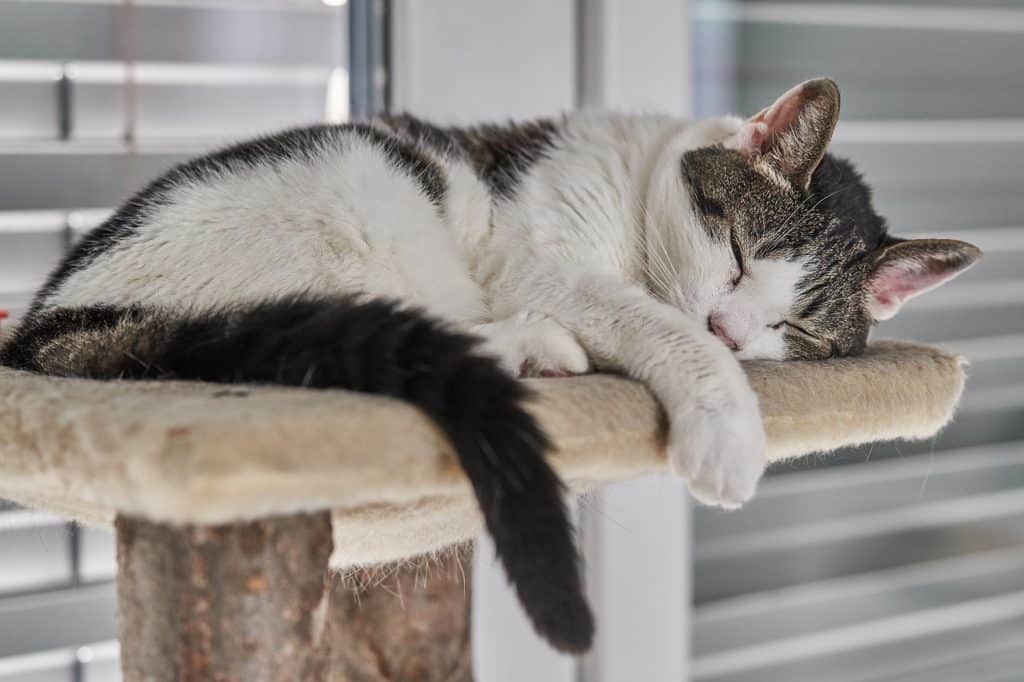
What is a Senior Pet?
There is no senior pet universality. Your pet becomes a “senior” at different stages of its life. Small dogs, for example, become seniors around 6 years old, while larger dogs become senior at around age 7. Cats are generally considered “senior” when they turn 7 as well. Many pet owners assume their pet is about seven times the age of a human, however this is not an accurate measurement. The American Veterinary Medical Association has a nice chart that outlines how old a pet is in human years, for both dogs and cats. Again the age of your pet depends on its size as well as how long it’s existed.
Senior Pet Care Advice
We’ve written in the past about the importance of annual checkups for dogs. For senior pets, you may need to see the vet more than once per year. Geriatric pets should visit the vet at least every 6 months. Senior exams are a little more involved than exams with younger pets. Senior animals, like senior humans are more at risk for things like cancers, liver failure, heart disease, arthritis and other joint pain, and other ailments. Vaccinations may also come more frequently as your pet needs the proper guards against disease as its immune system weakens.
Weight is something to keep a close eye on with your senior pet. Cats shouldn’t lose too much weight, while dogs shouldn’t gain too much. Diet plays an important role in an elderly pet’s life. You may need prescription food to make sure that the pet can easily digest the food. Certain foods made especially for senior pets include nutrients to help fight diseases specifically for older animals (like the ones mentioned above).
Senior pet care is a balance between keeping the pet active, while managing the activity. Exercise, while still important, has to be adjusted for the pet as they age. I remember very clearly taking my parents dog, Scooter, for extended walks or runs that would go miles. One day, after Scooter turned about 10 I took her on a pretty grueling hike up a large hill and noticed that she had trouble getting up and down for about 24 hours after the walk. Needless to say we started to shorten our walks, and I kept her on level ground going forward.
You’ll also want to monitor your pet closely for sudden changes. As my first dog, Daisy, aged, she became more grumpy and less willing to play. We moved her bed to the living area so she didn’t have to go upstairs and downstairs all the time. When she became deaf, we made sure to ease strangers into the home so she wasn’t spooked.
If you notice any significant mental health changes, notify us immediately. Senility may be sign the pet isn’t being stimulated enough. Pets that become confused, anxious, or irritable could have cognitive dysfunction. Pets that eat too much/don’t eat at all, urinate more frequently/less frequently than before, vomit more than often, or struggle to breath could have a disease.
Simple steps like these will help you monitor your senior pet closely for signs of problems. Make sure to keep your vet visits frequent so that you can enjoy your time with your furry friend for as long as possible! Schedule an appointment with Quivira Road Animal Clinic today!


